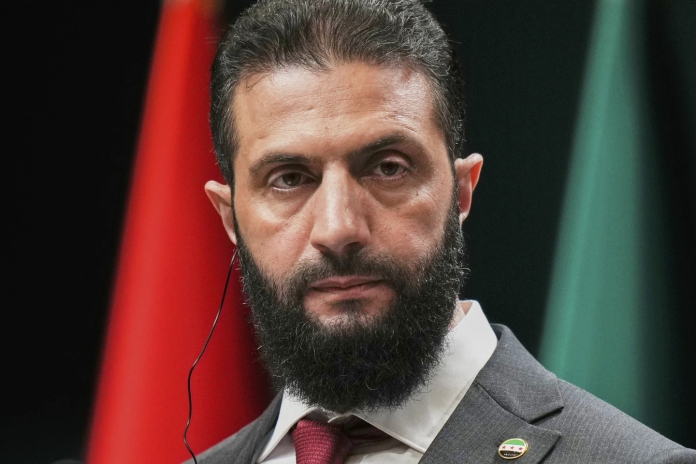Iraq’s decision to invite Syrian President Ahmad al-Sharaa to the Arab League summit in Baghdad exposed deep political fractures within the country, pitting Iran-aligned Shiite factions against Sunni groups and testing Baghdad’s aspirations as a regional mediator.
Prime Minister Mohammed Shia Al-Sudani confirmed last week that al-Sharaa, who seized power in December after leading a rebel offensive to oust long-time leader Bashar al-Assad, received a formal invitation to attend the 17 May summit. The move followed a discreet meeting between Al-Sudani and al-Sharaa in Qatar, though the Syrian leader has yet to confirm his attendance.
Al-Sharaa’s past as a Sunni Islamist militant—under the alias Abu Mohammed al-Golani—has drawn fierce backlash from Iraq’s Iran-backed Shiite factions. As a former al-Qaeda commander who fought US forces during the Iraq War, he remains subject to an active arrest warrant in Iraq for terrorism charges.
Shiite groups, including the Islamic Dawa Party led by ex-Prime Minister Nouri al-Maliki, condemned the invitation, demanding that summit participants have “clean judicial records.” Kataib Hezbollah, a powerful Iran-aligned militia, dismissed al-Sharaa’s potential attendance as irrelevant, stating Arab summits “won’t stop because the criminal Abu Mohammad al-Golani isn’t attending.”
In contrast, Sunni political figures have defended the move. Former MP Dhafir Al-Ani argued that excluding al-Sharaa would undermine Iraq’s sovereignty, calling it “a stab in the heart of the Iraqi government.”
The warrant against al-Sharaa does not automatically bar him from entering Iraq, as states often waive such measures for diplomatic events. The US declined to pursue a $10 million bounty for his capture after al-Assad’s fall, though it had not formally recognised his government.
Baghdad has positioned itself as a neutral mediator in regional disputes, having previously hosted talks between Iran and Saudi Arabia. Proponents of the invitation argue it could enhance Iraq’s diplomatic stature, but critics warn it risks legitimising a figure linked to sectarian violence.
